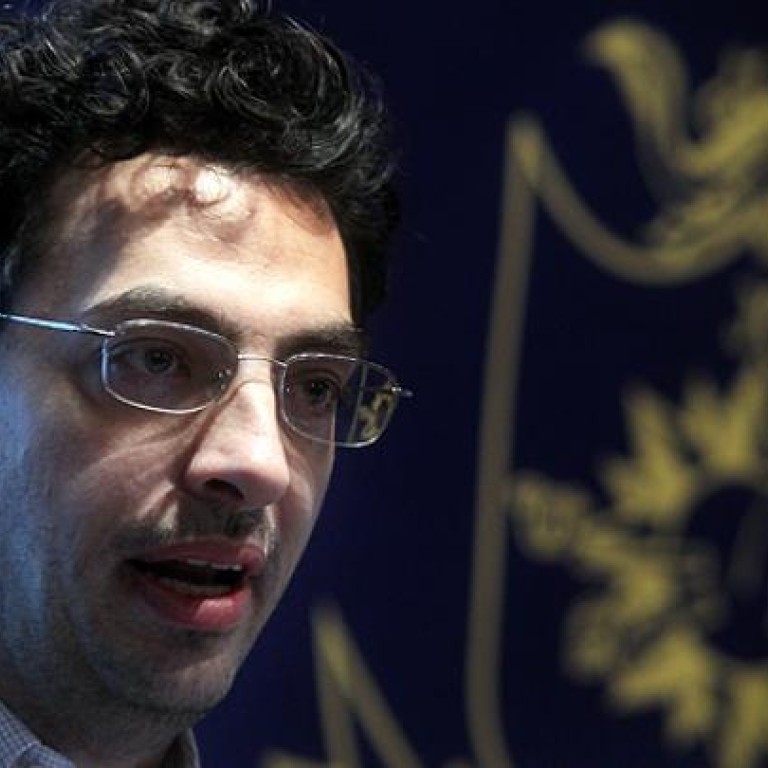
Lack of Chinese skills a barrier for minorities
They can joke, banter and speak in fluent Cantonese and are accepted as Hongkongers, but local Muslims and ethnic minorities are still marginalised in city with local schools lacking Chinese language classes tailored to their second-language needs.
They can joke, banter and speak in fluent Cantonese and are accepted as Hongkongers, but local Muslims and ethnic minorities are still marginalised in city with local schools lacking Chinese language classes tailored to their second-language needs.
They need institutional apparatus to actually be able access further education, vocational education; to actually contribute, to actually be able to fill in forms they get at the doctor’s office for surgery,” Paul O’Connor said.
O’Connor, adjunct assistant professor in the Chinese University anthropology department, who has studied the history of Muslims in Hong Kong since 2003, was speaking at the Foreign Correspondents Club yesterday.
“They need institutional apparatus to actually able access further education, vocational education; to actually contribute, to actually be able to fill in forms they get at the doctor’s office for surgery ,” said Paul O’Connor Adjunct assistant professor of the department of anthropology at the Chinese University of Hong Kong speaking at the Foreign Correspondents club.
“Right now, they feel Hong Kong is a free society and a free place ... but there will come a time where, if they’re increasingly peripheral and they cannot contribute to society, there’s going to be real disaffection,” he said.
Even knowing 500 characters would make a huge difference to people
O’Connor, who has interviewed 37 young Muslims about their daily lives and perceptions of society since 2006 said many of them believed in infinite opportunities, but the realities of not being able to read and write Chinese as well as native Chinese students – despite speaking fluent Cantonese – were a barrier for them once out of school.
Many young people he interviewed were keen to learn Chinese, he said, and not just Muslims and South Asians, but also second-generation European Hongkongers such as his children.
He advised the government to devise a curriculum that took into account the fact that these students would lag behind their Chinese counterparts who had learned Chinese characters before starting school.
“Even [knowing] 500 characters would make a huge difference to people,” he said.
O’Connor said locally-born members of ethnic minorities had a passion for the city.
“Hong Kong is their home, they want to contribute to society, and it’s one of the key things that will give them that access,” he said.
“That’s why I want Hong Kong to become a learning hub. It has all the resources available. We are a real education city, so we can really develop a new, strong curriculum, a unique way of teaching Chinese that actually deals with these groups of people. There’s a tremendous amount of skills these people have. Having these people as part of the infrastructure, how can that not be a benefit? Not just for the government but for big business.”
A leading imam supported O’Connor’s view.
“What you have presented about our young people, that is a fact,” Muhammad Arshad, the chief imam of the Incorporated Trustees of the Islamic Community Fund of Hong Kong told him.

